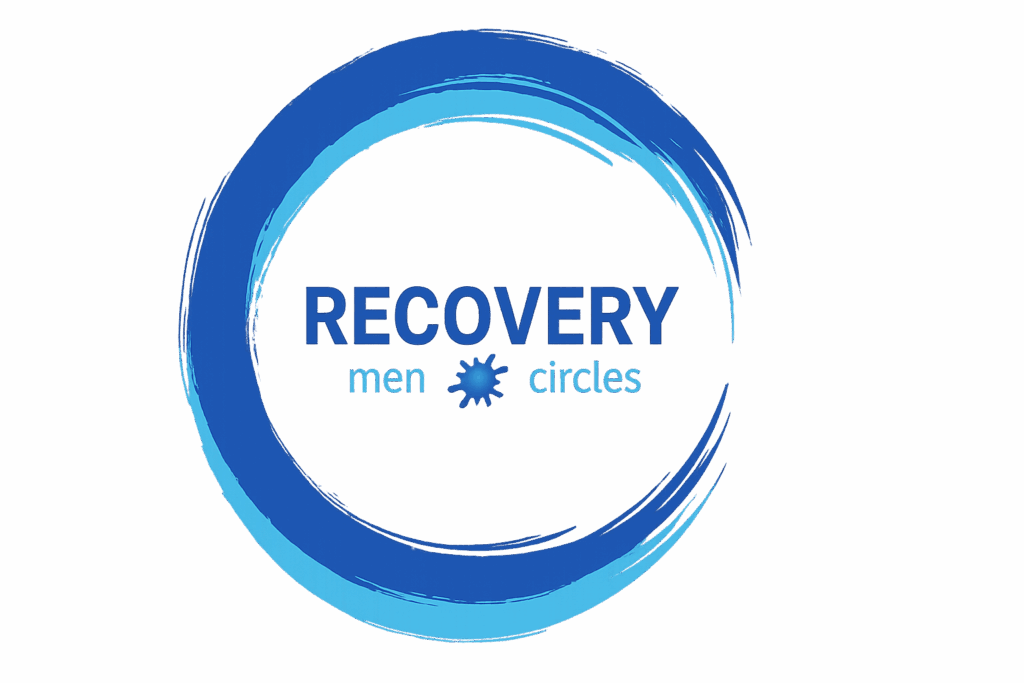Trauma-Informed Care
Struggling with opioid addiction? We’re here to help. Reach out today or continue reading to learn how Men’s SoberHouse Pheladelphia can support you on the road to lasting recovery.
You can also call us at (267) 412-3425
Featured In





“
I finally feel like I have a future. These people believed in me when I couldn’t.
– John L.
“
What I found here wasn’t just recovery housing in Philadelphia, it was a group of people who truly cared if I succeeded. They held me accountable and helped me rebuild.
– Tony F.
“
As a single mom, I needed a place I could trust. This affordable sober home in Philadelphia gave me that and more. I’m forever grateful.
– Jasmine T.
See more of our success stories
Trauma happens when someone is overwhelmed by a distressing event or situation leaving them feeling frightened, helpless, or deeply shaken. This intense stress response can make it difficult for them to cope or function normally in daily life.
In Philadelphia, about 70% of adults—roughly 223 million people nationwide have experienced at least one traumatic event. Research shows that trauma can increase the risk of chronic illnesses like heart disease, diabetes, cancer, and high blood pressure. At Men’s SoberHouse Pheladelphia, trauma-informed care is central to everything we do. We’re committed to understanding what trauma survivors are going through and providing the compassionate support they need to feel safe and regain control of their lives.
You can also call us at (267) 412-3425
What Is Trauma-Informed Care?
Trauma-Informed Care (TIC) is a compassionate, people-first approach to treatment that recognizes how widespread trauma really is and how deeply it can affect someone’s life. According to national mental health standards, TIC is about creating care systems rooted in empathy, respect, and understanding for those who’ve been impacted by events like childhood trauma, emotional abuse, or substance use.
This model places a strong emphasis on both emotional and physical safety, which are key to healing. It also encourages care providers to look beyond symptoms and understand the personal stories behind them.
At its heart, TIC transforms care settings into welcoming, respectful places where individuals know they are more than their trauma. It reminds people that they are seen, heard, and supported and that recovery is always possible with the right care.
Does Men’s SoberHouse Pheladelphia Provide Trauma-Informed Support?
Yes, we do. Men’s SoberHouse Pheladelphia, in partnership with The Heights Treatment, takes a trauma-informed approach to everything we offer from behavioral health therapies to peer support and aftercare programs.
But our mission goes further than just treatment. We also work to raise awareness about trauma within families and the larger community. By educating others, we hope to create a ripple effect of healing, stop the cycle of pain, and provide support for those experiencing secondary trauma, especially caregivers and frontline workers exposed to ongoing stress.

Men’s Sober Livings

Outpatient Treatments

Individualized Intensive Program

Men’s Sober Companions
What Are the Core Principles of Trauma-Informed Care?
Trauma-informed care is built on six essential principles. These guide how we care for individuals and shape the environment we create for healing. Each one plays a role in ensuring treatment is safe, empowering, and respectful of every person’s lived experience.
1. Safety
Creating a secure space physically and emotionally is the foundation of trauma-informed care. People need to feel safe in order to begin healing and trusting those around them.
2. Transparency and Trust
Being open, honest, and clear helps build trust. When individuals feel respected and valued, they’re more likely to engage in their recovery journey and form meaningful therapeutic relationships.
3. Peer Support
We recognize that trauma comes in many forms, and every story matters. Our team also takes care of their own mental health to stay grounded and present for those they serve—because healthy providers create safer healing environments.
4. Collaboration and Empowerment
Healing is most effective when it’s a partnership. We work closely with each individual to create personalized care plans that reflect their needs and goals. This mutual collaboration builds trust and helps people feel more in control.
5. Voice and Choice
Everyone deserves a say in their care. We empower individuals to speak up, make choices, and take an active role in their recovery. Nurses and support staff play an important role in helping people feel confident and in charge of their healing process.
6. Cultural Awareness
Respecting each person’s background, beliefs, and values is essential. We aim to remove bias and discrimination by recognizing cultural differences and tailoring our support with empathy and inclusion.Creating a secure space physically and emotionally is the foundation of trauma-informed care. People need to feel safe in order to begin healing and trusting those around them.
Transparency and Trust
Being open, honest, and clear helps build trust. When individuals feel respected and valued, they’re more likely to engage in their recovery journey and form meaningful therapeutic relationships.
Peer Support
We recognize that trauma comes in many forms, and every story matters. Our team also takes care of their own mental health to stay grounded and present for those they serve because healthy providers create safer healing environments.
Collaboration and Empowerment
Healing is most effective when it’s a partnership. We work closely with each individual to create personalized care plans that reflect their needs and goals. This mutual collaboration builds trust and helps people feel more in control.
Voice and Choice
Everyone deserves a say in their care. We empower individuals to speak up, make choices, and take an active role in their recovery. Nurses and support staff play an important role in helping people feel confident and in charge of their healing process.
Cultural Awareness
Respecting each person’s background, beliefs, and values is essential. We aim to remove bias and discrimination by recognizing cultural differences and tailoring our support with empathy and inclusion.
What Are the Benefits of Trauma-Informed Care?
Trauma-Informed Care (TIC) offers a compassionate and structured approach that helps individuals feel safe, respected, and supported. It builds trust between patients and their providers, eases trauma-related symptoms, and creates a healthier, more sustainable environment for everyone involved in the healing process.
Preventing Re-Traumatization
One of the most important goals of Trauma-Informed Care is to avoid re-traumatizing individuals during treatment. Forcing someone to relive painful memories too soon can intensify symptoms or delay progress. TIC ensures care is delivered with sensitivity, giving each person the time and space they need to feel safe, heard, and understood.
Promoting a Sense of Safety
When people feel emotionally and physically safe, they’re more likely to open up and fully participate in their treatment. This sense of safety builds stronger therapeutic relationships and helps individuals express their thoughts and emotions honestly, which is essential for long-term healing.
Who Can Benefit from Trauma-Informed Care?
Trauma-Informed Care isn’t just for individuals diagnosed with trauma disorders. It also helps those who’ve experienced ongoing stress due to discrimination, bias, or marginalization whether related to race, sexual orientation, or cultural background.
By tailoring treatment to meet each person’s unique needs, TIC helps prevent additional psychological harm and reduces the risk of long-term conditions like anxiety, depression, or dual diagnoses. A proper trauma assessment by a qualified mental health professional is a critical first step in developing a personalized plan whether it includes behavioral therapy, addiction recovery, or both.
How Does Men’s SoberHouse Pheladelphia Support Mental Health?
At Men’s Sober House Pheladelphia, we go beyond just offering sober housing we create a full support system rooted in trauma-informed care. Each of our programs is thoughtfully designed to improve physical health and emotional resilience. This may include teaching essential coping skills, incorporating physical activity, and offering spiritual resources that help individuals grow beyond their treatment experience.
Together with our partner, The Heights Treatment, we remain committed to practices that foster emotional safety, empower personal growth, and support long-term recovery through education and compassionate care.
Is Trauma-Informed Care Available Near You?
Yes. While Men’s SoberHouse Pheladelphia is based in Philadelphia, we’re part of a larger network of supportive programs across the country. Our affiliated providers in cities like Houston, New York, and Los Angeles extend the same level of trauma-informed care, helping individuals and their families access the resources and guidance they need, no matter where they are.
Call our recovery team at Men’s Sober House Pheladelphia today at (267) 412-3425 or fill out our contact formWhether you’re looking for sober living, mental health support, or someone to talk to, we’re here to walk beside you on your path to healing.

